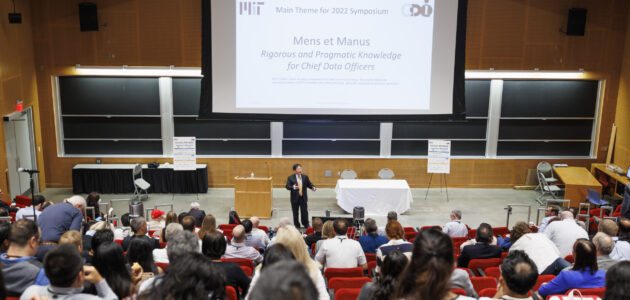
Session 18-F
Open AI, Automation and Innovative Partnerships
The current market forming around OpenAI’s ChatGPT has been a long time coming. Over 60 years ago, John McCarthy proposed in his paper, “Programs with Common Sense,” the “advice taker,” a hypothetical computer program that advanced the idea that common sense reasoning was the key to future AI. That is, the program could deduce for itself a wide class of consequences for anything it was told, and what it already knew. Early incarnations of AI, including expert and knowledge-based systems, LISP (developed by McCarthy) and Prolog programming languages, were applied in industry use cases by firms including Palladian Software, LISP Machines, and Symbolics in the 1980s. Fast forward to today: ChatGPT may be reminiscent of what Napster was to the music industry, a technology that could potentially disrupt traditional content creation industries, such as entertainment and journalism, by providing another method for producing and distributing content. And Napster did just that.
The importance of Open AI and ChatGPT is they are forerunners of artificial general intelligence (AGI) – highly autonomous systems that have the promise to outperform humans in economically valuable work. That is, in some economically important work. Organizations adopting these technologies will have to decide (1) whether the promise is true; (2) whether it is economic, and (3) whether the implied level of machine intelligence can be controlled. These questions may be as much philosophical as scientific. But for now, people will make these decisions.
Our distinguished panel of experts will help set the stage for evaluating the proposed benefits and potential drawbacks of adopting Open AI technologies. Mr. Steve Orrin, Chief Technology Officer, Intel Federal, has extensive experience in cybersecurity, and the domain challenges posed by increasingly sophisticated AI/ML technologies and their deployment. Our second speaker, Mr. Raj Patil, Chief Executive Officer of AEEC, a Washington DC based cloud platform services provider, will discuss how the company’s innovation laboratory, the iLab, enables agency clients and vendor partners to test at scale, software solutions for IT modernization, including new chatbot technologies. Our third speaker, Dr. Naguib Attia, retired Vice President and Head of IBM’s Global University, will address the changing workforce challenges faced by all organizations looking to innovate and sustain technology modernization efforts, including AI. Our final speaker, Dr. Chaitan Baru, Senior Advisor at the National Science Foundation (NSF), will address how the NSF sees the rapidly evolving AI technology landscape, and its promise for advancing scientific research.
The panel will be moderated by Dr. James Short, Lead Scientist and Director of the Center for Large-Scale Data Systems research at the San Diego Supercomputer Center, UC San Diego.
Speakers

co-MODerator: DR. JAMES SHORT
Lead Scientist, San Diego Supercomputer at UC San Diego
![]()

PANELIST: DR. chaitanYA baru
Senior Advisor, National Science Foundation

panelist: steve orrin
Federal CTO, Intel Corp

panelist: dr. naguib attia
Retired Distinguished Engineer and VP, IBM Global University Program

panelist: raj patil
CEO, AEEC